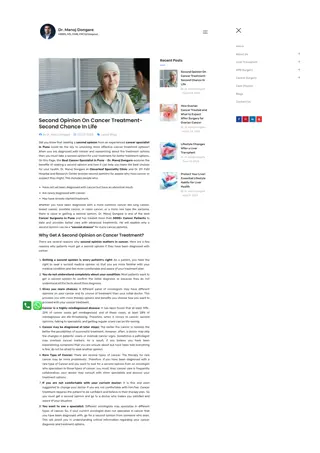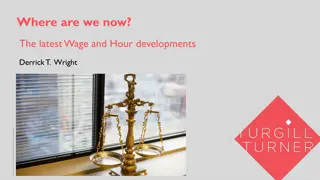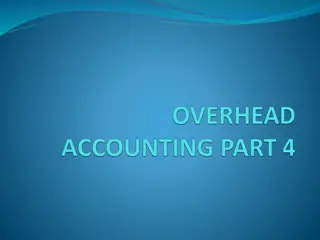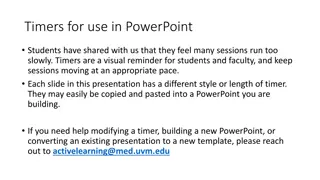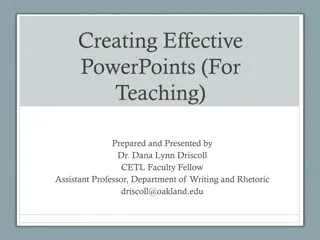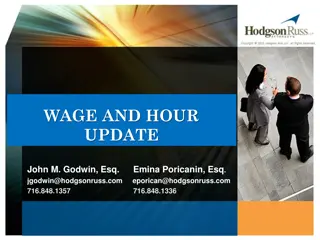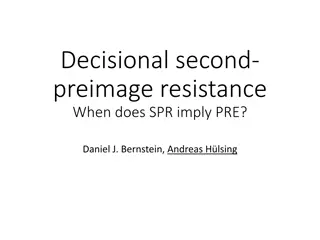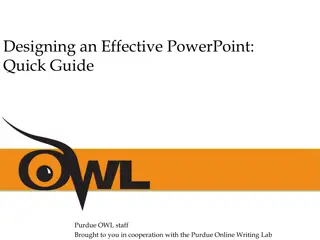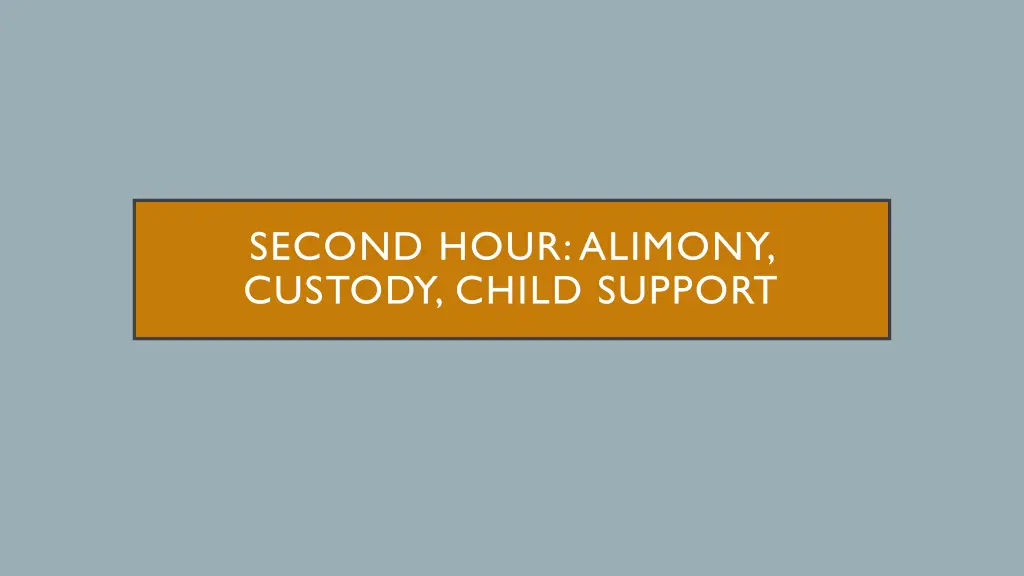
Alimony, Custody, and Child Support Legal Insights
Gain insights into alimony, custody, and child support laws, including permanent alimony characteristics, rehabilitative alimony, life insurance awards, and the presumption against custody for violent parents. Learn about key cases and considerations in family law.
Download Presentation

Please find below an Image/Link to download the presentation.
The content on the website is provided AS IS for your information and personal use only. It may not be sold, licensed, or shared on other websites without obtaining consent from the author. If you encounter any issues during the download, it is possible that the publisher has removed the file from their server.
You are allowed to download the files provided on this website for personal or commercial use, subject to the condition that they are used lawfully. All files are the property of their respective owners.
The content on the website is provided AS IS for your information and personal use only. It may not be sold, licensed, or shared on other websites without obtaining consent from the author.
E N D
Presentation Transcript
SECOND HOUR: ALIMONY, CUSTODY, CHILD SUPPORT
Permanent alimony characteristics may not be altered by a court. Permanent alimony - is payable indefinitely, - is vested when payment is due, PERMANENT ALIMONY - can be modified based on a material change in circumstances, - terminates at remarriage of the payee, - terminates at the death of the payor, and - terminates at the death of the payee.
PHANG V. PHANG Modification must be based on a material, unforeseeable change in circumstances. Held: A chancellor properly awarded alimony based on the husband s current income even though he planned to retire in two years. The husband could petition to modify alimony when he retired if his income was reduced. The question is not whether an event was foreseeable, but whether the future financial impact of the event was foreseeable. Alford v. Alford.
REHABILITATIVE ALIMONY Rehabilitative alimony Support should be awarded in an amount to allow the payee to transition after divorce without becoming destitute. Case v. Case. - has a fixed ending date, - is vested when due, - can be modified, - terminates at the death of either party, Rehabilitative alimony may be awarded as transition alimony to a spouse who is fully employed. Denham v. Denham. - may be terminable at remarriage in the discretion of the chancellor.
Life insurance should be awarded in an amount needed to secure payments that may be in arrears at a payor s death. Held: A $91,000 insurance policy was excessive to secure a $2,700 a month alimony award it would cover 33 months of payments in arrears. PHANG V. PHANG Held: It may be unnecessary to order a payor who has regularly paid temporary support to maintain life insurance to secure alimony.
PRESUMPTION AGAINST CUSTODY TO VIOLENT PARENT The presumption against custody to a parent with a history of family violence is triggered if there is (1) a pattern of violence or (2) a single incident of violence that caused serious injury. Compare: Habitual, cruel, and inhuman treatment divorce may be awarded without a showing of any physical violence. A Domestic Abuse Protection Order may be granted based on a single act of violence that did not cause serious injury.
Parents agreed to - joint physical and legal custody, with the mother having primary physical custody, - to alternate weeks of custody with each having holiday visitation, - that neither would pay child support, and LAMEY V. LAMEY - they would have equal decision-making authority. Held: The agreement created joint physical custody.
MODIFICATION BASED ON RELOCATION If the parents share joint physical custody, If one parent has sole custody - relocation is not in itself a material change in circumstances, and - the noncustodial parent must prove some adverse impact other than that the move separates the child and noncustodial parent. - relocation is a material change in circumstances that requires an Albright analysis to determine custody. - The Albright factors often favor the parent remaining in the child s hometown.
MODIFICATION: ADVERSE IMPACT Wall v. Wall included proof that Held: - the mother briefly cohabited with a sex offender, The changes were not material and the boy was not adversely impacted. - the boy was often late or absent from school, The mother ended her relationship; there were reasons for at least some absences; relatives lived next door with whom he could stay when his mother went out. He was well-adjusted and doing well in school. - the mother left him at home alone at night, and - made inappropriate social media posts.
BRYANT V BRYANT Held: Chancellors are the guardians of children of divorce, with authority to determine what is in their best interest. The chancellor was not required to find a material change in circumstances to override the father s choice. Parents may not deprive the chancellor of authority by agreement. - Custody: Joint physical and legal custody, with the father as the decision-maker in case of dispute. - Modified: to sole custody in the mother, leaving other provisions intact. - Chancellor held: The children s best interest was to attend school where they lived, overriding the father s choice.
SHARED PARENTING DEVIATIONS Wooten v. Wooten: A chancellor did not abuse his discretion by ordering support under the guidelines for a payor with 40% visitation. Child support guidelines were based on noncustodial parent visitation 20% of the time. Doe v. Doe, 341 So. 3d 953 (Miss. Ct. App. 2021). A chancellor abused her discretion in ordering support under the guidelines for a payor with 42% visitation. Mississippi guidelines allow a chancellor to deviate based on shared parenting. MISS. CODE ANN. 43-19-103.
MODIFICATION OF CHILD SUPPORT Test for modification: A material change in circumstances of the child, payor, or payee, that was not foreseeable at the time of the order, and did not involve a voluntary income reduction by the payor. Nowell v. Stewart: The question is not whether a child s diagnosis was foreseeable or known at the time of the order, but whether the amount of her expenses were foreseeable.
VOLUNTARY INCOME LOSS Tolliver v. Tolliver: A father s loss of income based on his violation of company rules was voluntary he was denied modification. Issue: When a support payor makes a choice that leads to income loss, are they prohibited from modification? Compare: Braswell v. Braswell, 336 So. 3d 1121 (Miss. Ct. App. 2021) (allowing modification based on payor s income loss linked to substance abuse treatment and Covid shutdown). Example: In the past, some states refused to allow modification based on income loss due to incarceration.
KELLY V. KELLY Parents out-of-court agreement to reduce support from $800 to $550 (and for the father to pay for cheerleading) was not enforceable. A father who requested modification based on income reduction was denied adjustment of his CA order to MS guidelines. Parents may not agree to reduce support, which belongs to the child, and cannot be modified except by court order. See Cadigan v. Sullivan (affirming adjustment of a mother s FL order to MS guidelines without proof of a material change in circumstances).
Reductions in support may only be prospective from the date of judgment. Increases in support may be retroactive prior to the date of filing,to the date of the event on which modification is based. RETROACTIVE MODIFICATION Ponder v. Ponder: A chancellor properly ordered a father s support to be paid retroactive eighteen months prior to the mother s filing.
TERMINATION OF SUPPORT Chancellor: A boy s refusal to visit his father for 3 years was clear and extreme conduct that justified suspending support unless he resumed visitation. Court of appeals: The circumstances fell short of the clear and extreme conduct in prior cases; the father was partly at fault in this case (based on an abusive incident when the boy was 14). Supreme court: The court of appeals should have deferred to the chancellor s finding of clear and extreme conduct.


